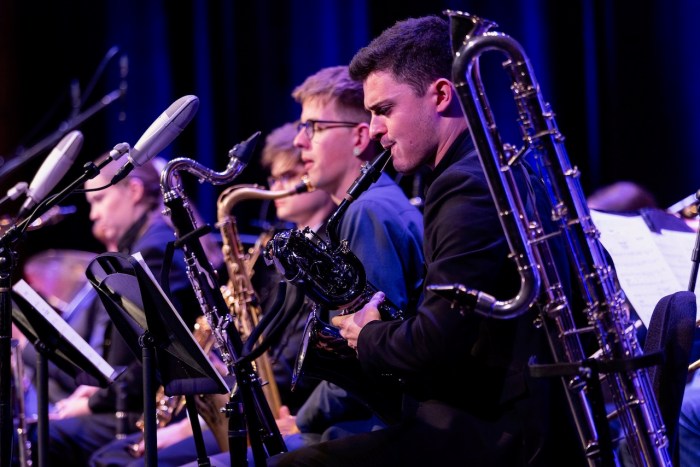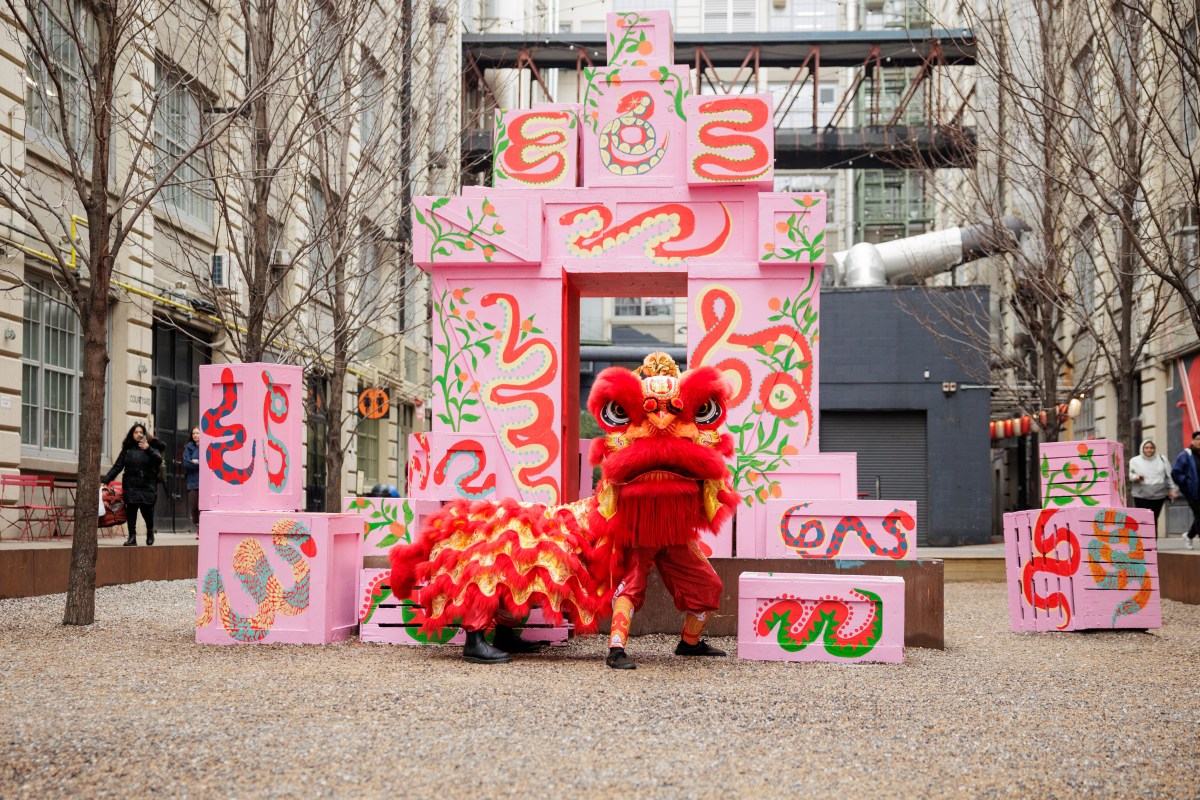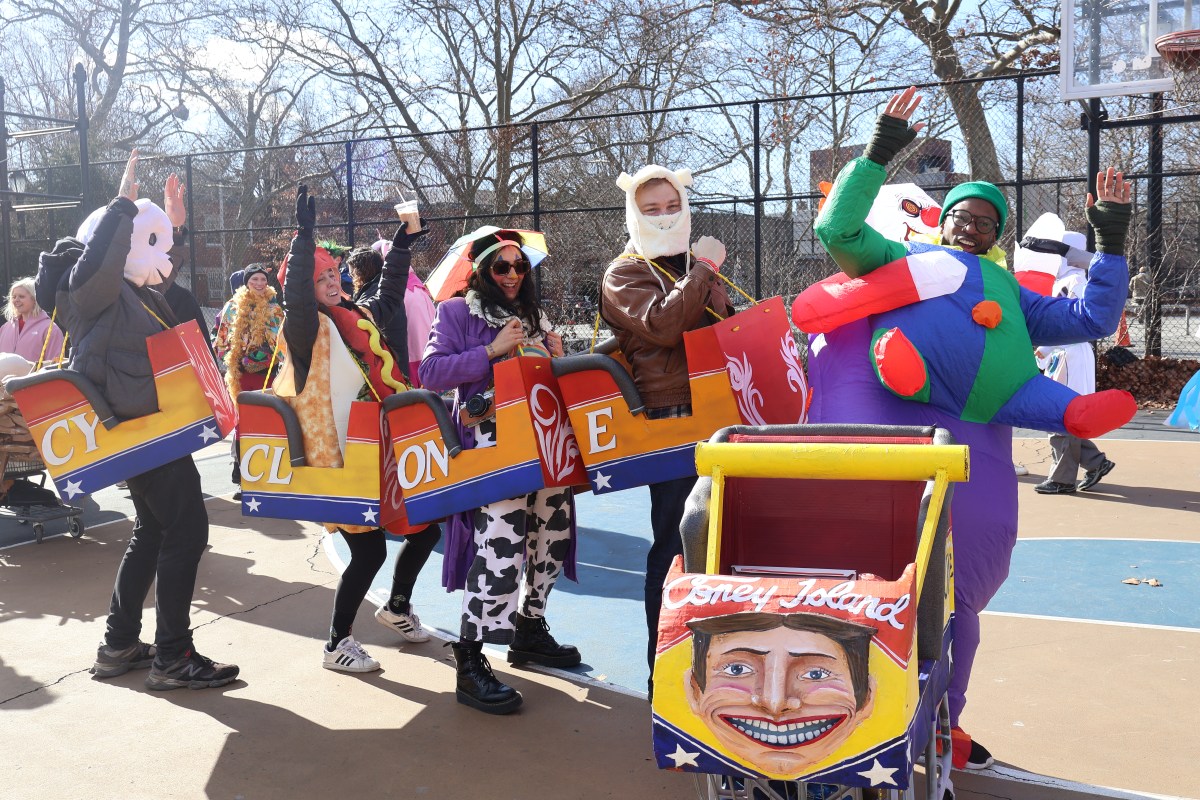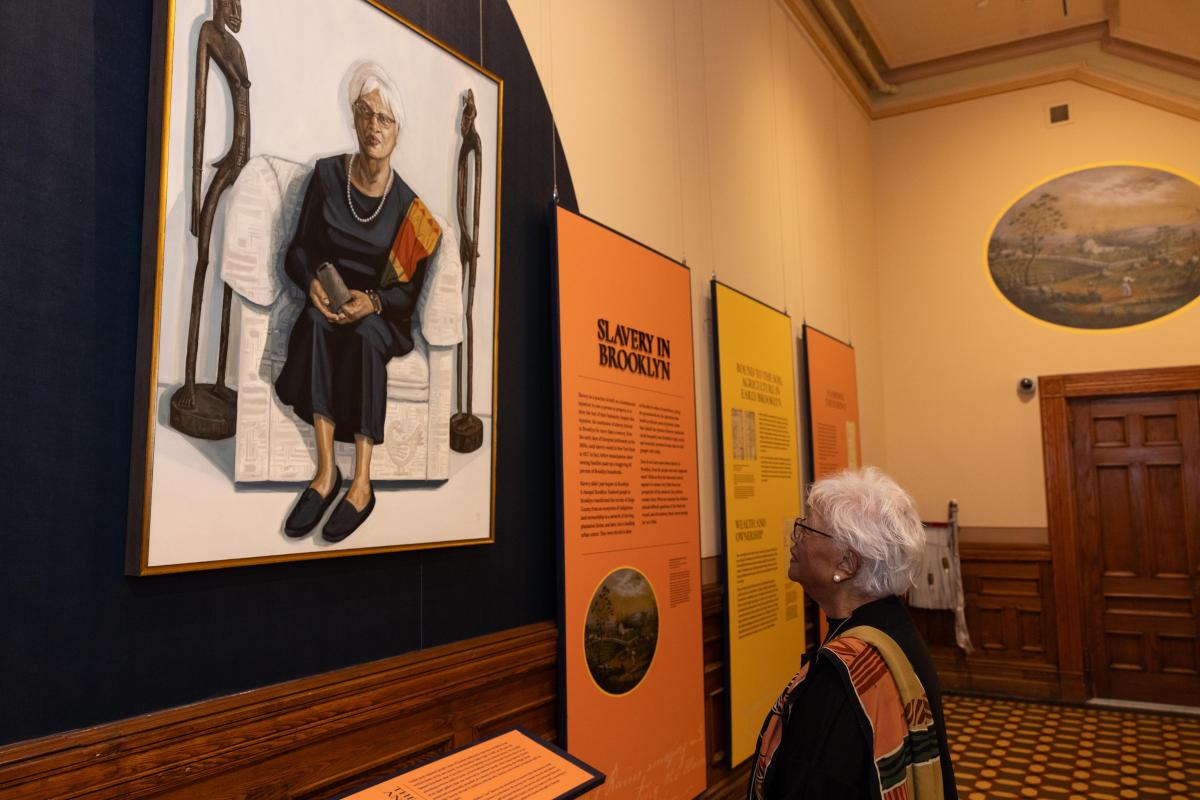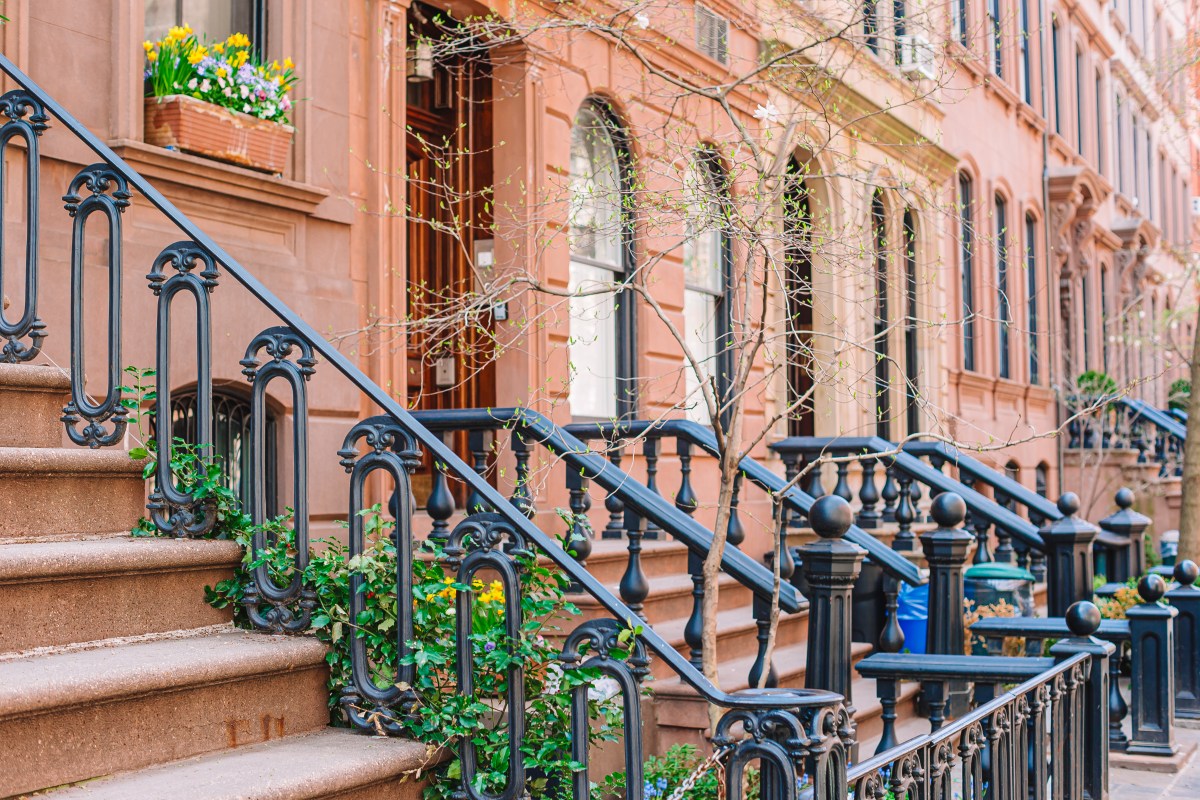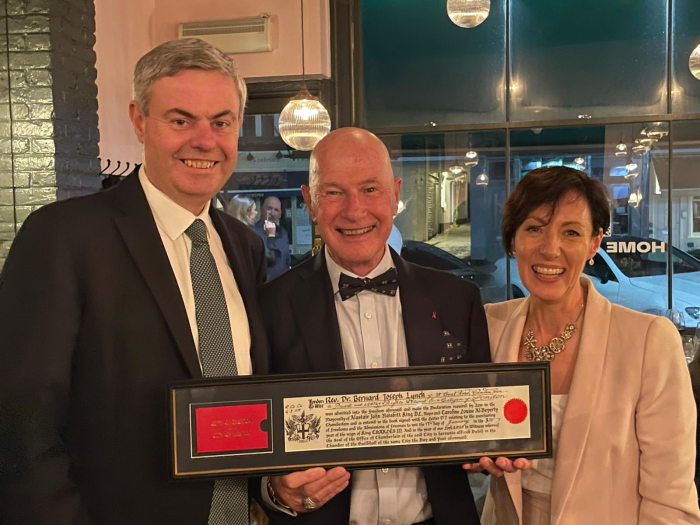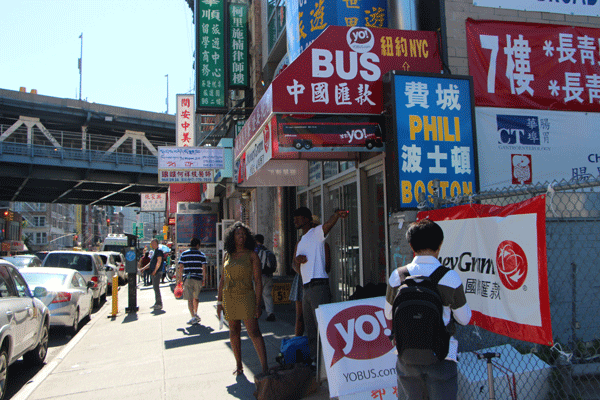
YO! Bus, owned in part by Greyhound, is the only Chinatown bus company that goes to Boston.
BY KAITLYN MEADE | A bill to regulate the safety of intercity buses became city law last week with hopes that the legislation will fuel a revival of Chinatown bus travel, an industry which suffered sweeping station closures in the past two years. The bill was signed by Mayor Bloomberg a few days after another major bus service was shut down by the U.S. Department of Transportation’s Federal Motor Carrier Safety Administration.
Boston-based bus service Lucky Star was closed by the feds for failing to meet safety regulations, to inspect or repair buses, document drivers’ hours, or require drivers to pass drug and alcohol tests before transporting passengers. The Boston Herald reported the company also had a bus in operation with a 4-by-2-foot hole in its floor.
Lucky Star, which has 21 buses, is the latest in a federal crackdown on intercity curbside buses, particularly in New York City’s Chinatown. Two years ago, 26 bus lines were shut down at once.
The largest Chinatown-based Boston-New York bus service, Fung Wah, was closed down in March of this year after refusing to hand over safety records to D.O.T. officials. Ming An issued its last ticket shortly after, leaving a hole in the business nearly as large as the one Lucky Star was driving around with.
“When Fung Wah closed, [business] kind of died down. It’s not picked up since then,” said an employee of the Diamond Hill Cafe, a few doors from the bus service’s former ticket booth. “When they wanted food on the bus, they’d come here.”
He said that the company was a good neighbor and would like to see them reopen.
“Most people don’t know the depth and breadth of the impact on the area. Chinatown is a hub — a giant transportation hub,” said Wellington Chen, president of the Chinatown Partnership Business Improvement District.
Chen said that the buses connect to 233 routes, transporting between five and six million people per year. The buses make relatively short commutes to Boston, but some lines can be found that transport people all the way down the East Coast to Atlanta, Georgia and Orlando, Florida.
In 2006, Chen and others proposed a bus shelter to bring the buses to a single location and provide amenities for waiting passengers. The idea, while gaining some momentum, never came to fruition.
However, Chen thinks that the legislation will improve the climate for buses in Chinatown by making them more reliable and allowing them to compete with bigger companies that have benefited from closing Chinatown routes, such as Greyhound, which operates BoltBus and has recently opened a Chinatown service.
“We supported the legislation that [State] Senator Squadron and [City Councilmember] Margaret Chin wrote,” he said, adding that safe, reliable Chinatown buses are “vital, and we need to maintain that vitality, because I want people to come home.”
Chin, who sponsored the new city law, believes the legislation, which requires the city’s Department of Transportation to provide a link to intercity bus safety records on the Federal Motor Carrier Safety website, will encourage bus companies to play by the rules by making sure passengers have easy access to safety records before purchasing a ticket. The push by her office to regulate bus safety standards began in March of 2011, when a passenger carrier crashed in the Bronx, killing 15 people.
Further state legislation sponsored by State Sen. Daniel Squadron and Assembly Speaker Sheldon Silver was passed in August to allow the city to monitor the bus industry. The city D.O.T., at the City Council’s urging, is in the process of establishing regulations for the first-ever intercity bus permit system, according to a June 10 press release from Squadron’s office.
“The growing demand for intercity bus travel corresponds to an essential need to regulate these services,” Chin said in a statement on what she called the “wild west” of bus service that still survives elsewhere Downtown.
“They shut down so fast and open so fast,” said Teddy Lai, the manager of Howard Johnson Hotel at 5 Allen St. and member of the Chinatown Partnership’s board.
“If they could just control their customers to stay on their property,” he added. His hotel has a bus stop on either side of the entrance and, “when [the buses] have a lot of people, our customers can’t even walk through the streets. Many times we have to call the police to get people out of our properties.”
One man looking for his bus stop on Allen St. was told by an agent from another bus stop, “See that orange cone across the street,” he pointed to an abandoned building with a traffic cone on the curb, “that’s bus stop 18.”
“Buses have to minimize to get the right people behind the wheel,” said bus driver Ron Louis, whose service, S.T.S.C., started making runs between Chinatown and Philadelphia. While the company has a good safety rating, it only registered one mile driven on the Safety Measurement System, the most common safety rating website provided by the U.S. Transportation Dept.
YO! Bus is currently the only operator of non-stop intercity bus service that runs from Boston to NYC’s Chinatown. It is, however, run by Greyhound and Peter Pan. The buses depart daily with one-way tickets starting at $12.
On a recent Wednesday afternoon, the tiny YO! Bus kiosk was crowded. There were no more tickets available for the 5:45 p.m. bus to Boston and the agent was handing out waitlist numbers.
“Right now, it’s almost all gone. Big companies shut down, now only small companies,” James Sun, the ticket agent, said about Chinatown bus travel. “We don’t know if we’ll be next.”








